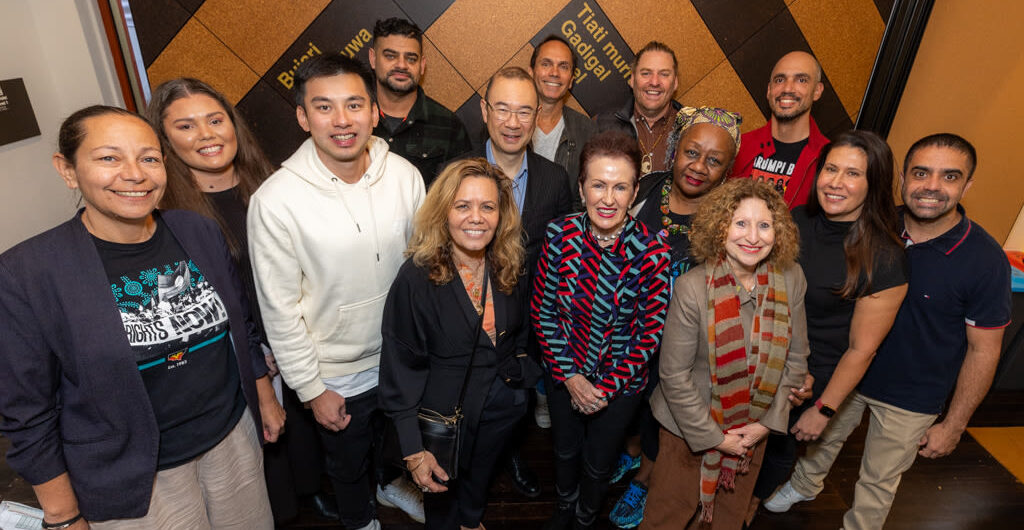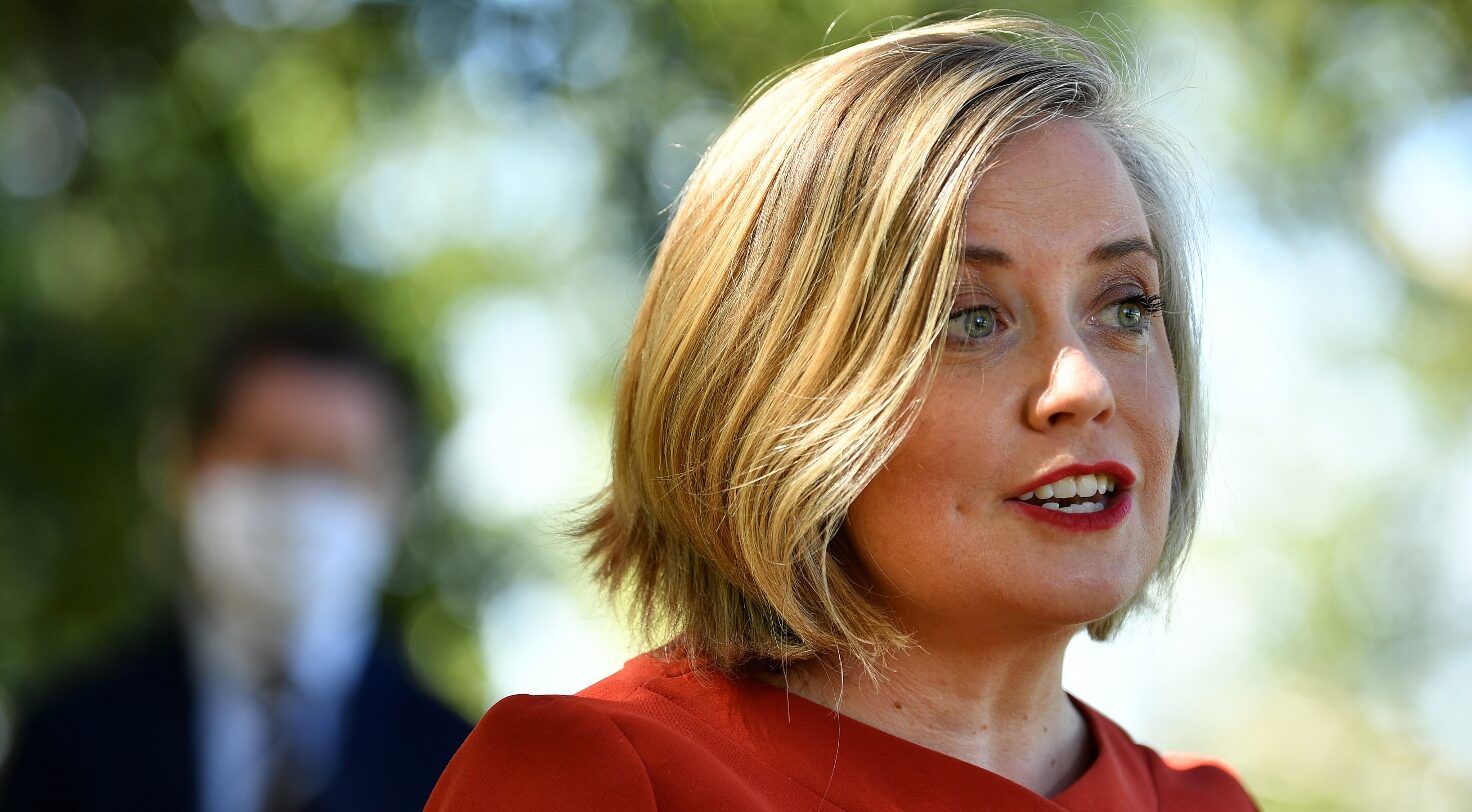
Community fears for East Sydney sex industry
East Sydney residents fear the opening of a sex-worker support centre on Bourke Street will cause growth in the local sex industry.
A development application for a support centre run by Hope Street is currently under review by the City of Sydney Council. Community groups are worried about drugs and sex workers in their residential area.
“It sends a signal that street sex workers are welcome in the area,” said campaigner Jane Anderson, a committee member of the East Sydney Neighbourhood Association (ESNA).
Hope Street’s 2009-2010 annual report stated the previous support centre, in Woolloomooloo, received 793 sex workers within the year.
Ms Anderson and the ESNA are concerned that if the Bourke street support centre received a similar amount of ‘drop-ins’ then street-sex workers, drugs and their related problems would increase in the area.
But Hope Street Director Andrew Dawkins said there is no evidence to suggest a support centre for sex workers would encourage sex industry in the area.
“In 15 years of Women’s Base we never have received a complaint,” he said
“We certainly don’t want to encourage street sex work.”
The ESNA is applying for an extension on current submissions to the council so they can formulate an objection.
Hope Street had been operating from within 234 Bourke Street for 5 months before they submitted a development application.
The ESNA believes because Hope Street has been operating without council consent, their presence is illegal and their development application shouldn’t be considered.
Ms Anderson said the Kings Cross Police had done a great job diminishing the presence of street sex work in East Sydney but if the support centre was to be accepted their work could be undone.
The Kind Cross Police refused to comment on the matter but said they would be making a submission to the council regarding the support centre.
The ESNA is worried the support centre will service mainly street sex-workers and would encourage illegal drug use within a premise just three doors from a school.
Although the development application states drug and alcohol use ‘are not permitted’ there are various references to needle usage on site.
The application covers a disposal system for sharps including needles, specific bins will be employed in the toilet to avoid ‘needle stick injury’ and staff will be trained in ‘safer injecting’.
The ESNA said these references prove Hope Street will be indirectly facilitating illegal drug use.
“It’s a no brainer, when a girl disposes a dirty needle how will they get a clean one? [They] are basically operating a needle exchange across the road from a school,” the committee said.
Kay Syonesa, one of the Hope Street staff workers said although the support centre accepts women under the influence they don’t allow using within the centre.
Ms Syonesa said Hope Street support centres play a unique and necessary role for street-sex workers considering it is the only organisation that provides one on one peer support and counselling services for street sex workers.
Director of the project Mr Dawkins said “We want to assist women if they want to look at other options in their life.”
Mr Dawkins said he has been in regular communication with both the community groups and nearby school SCEGGS Darlinghurst about the development application.
SCEGGS Darlinghurst refused to comment on the issue.









